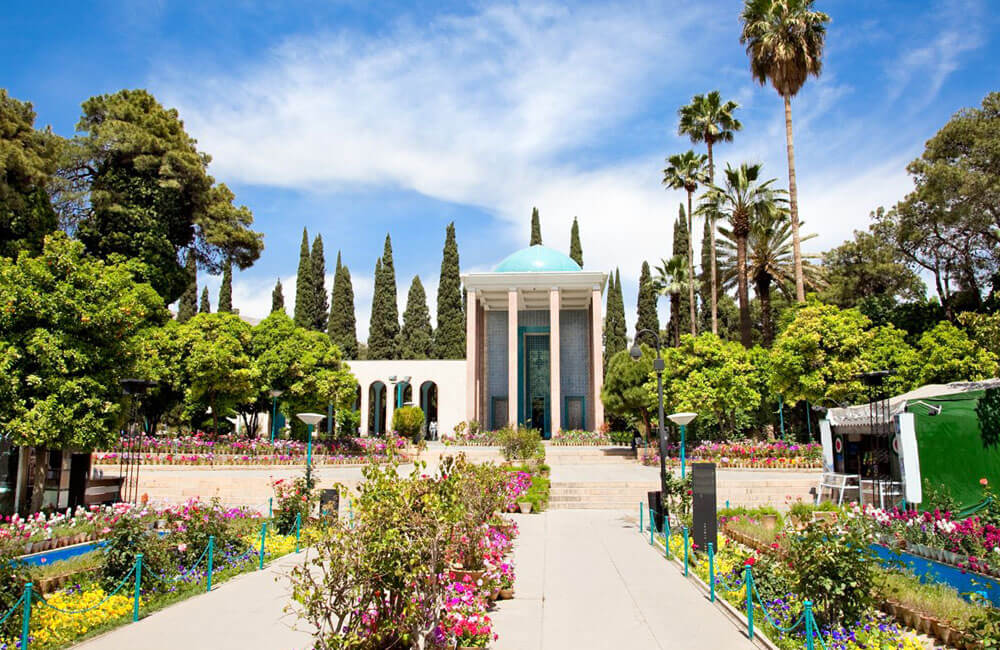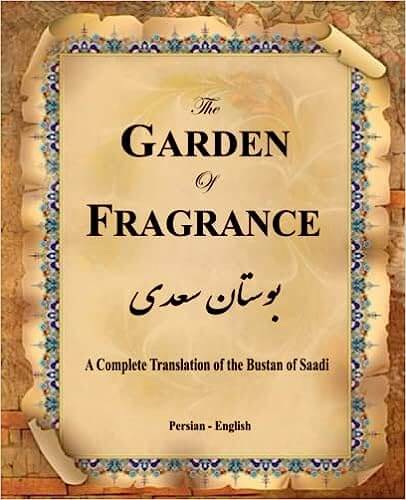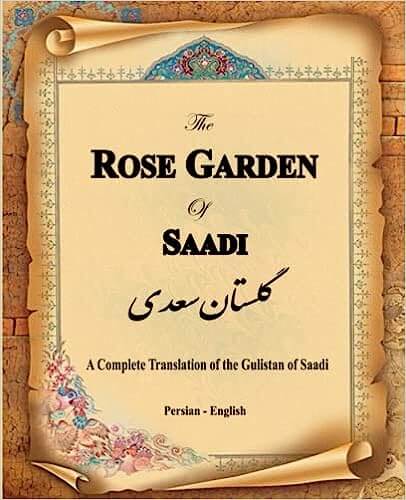

Saadi Shiraz: The Timeless Voice of Persian Wisdom
Saadi Shirazi, one of Persia’s most cherished poets, has left an indelible mark on the literary and spiritual world. His profound wisdom, expressed through elegant prose and poetry, continues to resonate with readers across the globe.
Early Life and Background
Saadi Shirazi’s poetry embodies timeless wisdom and humanistic values that transcend cultural and temporal boundaries. Born in the 13th century, his writings offer insights into human nature, ethics, and the divine. Saadi’s blend of Sufi mysticism and practical ethics makes his work both spiritually enlightening and pragmatically relevant.
Birth and Education
Abu-Muhammad Muslih al-Din bin Abdallah Shirazi entered the world around 1210 in Shiraz, Iran. Coming from a well-to-do family, he had access to an excellent education. He studied at the prestigious Nizamiyya school in Baghdad, where he immersed himself in Islamic sciences, literature, and Sufism.
Travels and Adventures
Saadi’s thirst for knowledge and understanding led him to travel extensively. His journeys took him across the Middle East, North Africa, and Asia Minor, allowing him to experience diverse cultures and human conditions. These travels profoundly influenced his worldview, enriching his literary works with a deep understanding of humanity.
Major Works of Saadi
Bustan (The Orchard)
“Bustan,” written in 1257, is a didactic poetry work exploring ethical and spiritual themes. The book is divided into ten chapters, each focusing on a different moral virtue, such as justice, humility, love, and contentment. Saadi uses anecdotes, parables, and personal experiences to illustrate these virtues, offering practical wisdom for leading a righteous life.
Gulistan (The Rose Garden)
A year after “Bustan,” Saadi penned “Gulistan,” his most famous work. Unlike the poetic “Bustan,” “Gulistan” is a prose work interspersed with verses. It comprises eight chapters dealing with kings’ manners, dervishes’ morals, and contentment’s benefits. “Gulistan” is renowned for its wit, eloquence, and profound insights into human behavior.
Philosophical and Ethical Themes
Humanism and Universal Brotherhood
Central to Saadi’s philosophy is the concept of universal brotherhood. He famously wrote, “Human beings are members of a whole, in the creation of one essence and soul.” This verse from “Gulistan” underscores the interconnectedness of humanity and the importance of empathy and compassion.
Practical Wisdom
Saadi’s works are replete with practical advice for everyday life. His anecdotes and stories often conclude with moral lessons that apply to personal conduct and governance. Saadi emphasizes virtues such as justice, moderation, and humility, advocating for a balanced and ethical approach to life.
Sufi Mysticism
While Saadi’s works are grounded in practical ethics, they reflect his Sufi beliefs. He explores themes of divine love, the transient nature of worldly life, and the soul’s journey towards God. His poetry often portrays the longing for spiritual union and the joy of divine love, characteristic of Sufi mysticism.
Saadi’s Influence and Legacy
Cultural Impact
Saadi’s influence extends far beyond the Persian-speaking world. His works have been translated into numerous languages and are studied in various cultural contexts. Saadi’s aphorisms and stories have permeated Eastern and Western literary traditions, reflecting his universal appeal.
Educational Value
For centuries, Saadi’s writings have been a staple in Persian education. His works are cherished not only for their literary beauty but also for their moral and ethical teachings. Students and scholars study “Bustan” and “Gulistan” to gain insights into Persian literature, culture, and ethical thought.
Modern Relevance
Saadi’s teachings remain relevant in today’s world. His emphasis on compassion, justice, and human dignity resonates with contemporary issues. In an age of globalization and cultural exchange, Saadi’s call for universal brotherhood and empathy continues to inspire efforts toward peace and understanding.



